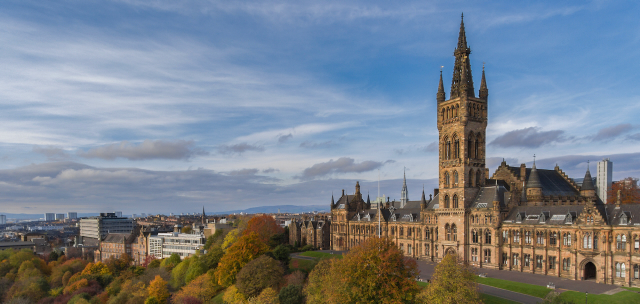Speaker
Description
The UK was the first to have a National Quantum Technology Programme with the aim of building practical systems that use quantum superposition, entanglement or squeezing to produce new sensors and clocks with improved accuracy over present commercial systems. Many other countries have followed with their own quantum technology programmes either to build quantum computers or to develop quantum technology for civilian applications. Atomic clocks were first produced in the 1950s and most accurate atomic clocks are still large systems that have to be operated inside temperature controlled laboratories. For many practical civilian applications, sensors and clocks have to be significantly smaller with reduced size, weight, power, mass and cost. I will present work using micro- and nano-fabrication techniques aiming to make a range of practical and far smaller quantum sensors and miniature atomic clocks with far greater accuracy than present commercially available systems. Examples of chip-scale atomic clocks, optically pumped magnetometers and inertial sensors will be presented and a number of the potential applications discussed. The work demonstrates how cold atoms can be produced inside miniature MEMS vapour systems which is an enabling technology for many cold atom clocks and sensors. The magnetometers can be used for navigation or for magnetoencephalography (magnetic imaging of the brain). Gravimeters made using cold atoms and from MEMS sensors will be presented with examples of field trails on boats for navigation, for water table monitoring to predict flooding and trying to measure magma changes in volcanoes to predict when volcanoes might erupt.
Douglas Paul has an MA degree in Physics and Theoretical Physics and a PhD from the Cavendish Laboratory, University of Cambridge.
He presently holds a Royal Academy of Engineering Research Chair in Emerging Technologies at the University of Glasgow. He previously held an EPSRC Quantum Technology Fellowship awarded to provide leadership for the UK Quantum Technology Programme and an EPSRC Advanced Research Fellowship. He was the first Director of the James Watt Nanofabrication Centre at Glasgow.
Doug is a Fellow of the Royal Society of Edinburgh, Fellow of the Institute of Physics, a chartered physicist, a chartered engineer and a Senior Member of the IEEE. He was the recipient of the Institute of Physics President's Medal in 2014.
Doug's research uses micro-fabrication and nano-fabrication approaches to produce practical quantum technology systems for applications including position, navigation, timing, LiDAR, quantum imaging, memories, gravity imaging, sensing and secure communications. He has supervised over 30 PhD students and 29 post doctoral researchers in Cambridge and Glasgow.
He has been principal investigator on over £74M of collaborative grants which included 10 Innovate UK grants with UK industry over the past 5 years and has multiple research contracts from industry. He is a partner in 3 of the 4 UK Quantum Technology Hubs and leads an EPSRC Programme Grant to build a Quantum Navigator.
Doug frequently gives outreach talks to the public at a range of events around the UK and annually gives invited presentations at many international conferences.
He presently sits on a number of government department committees and previously sat on the Home Office CBRN Scientific Advisory Committee, MOD Defence Science Advisory Council and MOD Defence Science Expert Committee. He was the U.K. representative to the NATO CBP Science Panel and presently sites on the EPSRC Scientific Advisory Teams for Infrastructure and ICT.
When not working Doug can frequently been seen out with the family or on a bicycle on the hills and paths around Glasgow. He still tries to find time to play the piano as well as keeping abreast of good wines after being a Wine Steward at St Edmund's College for many years.
